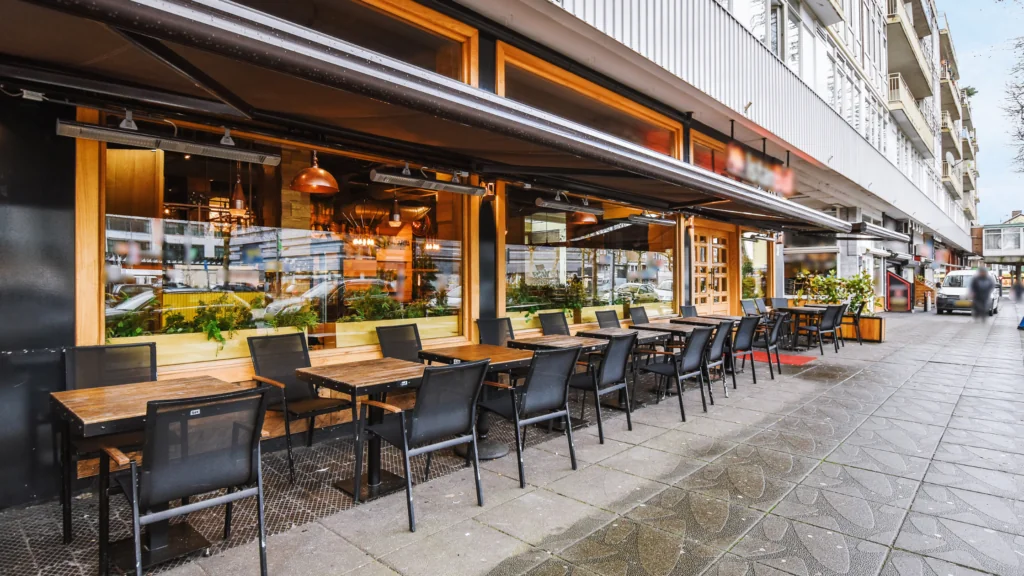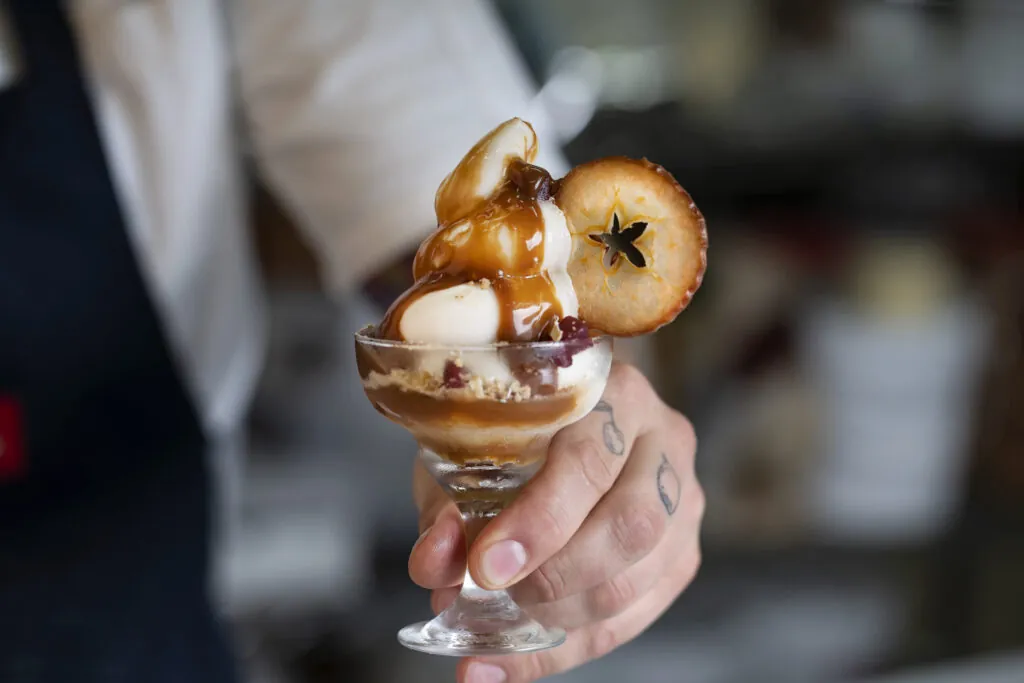Prime costs as a percentage of sales is the most controllable and impactful key performance indicator (KPI) in any restaurant or bar. COGS and labor alone are not good profitability indicators because low COGS is often offset by high labor and vice versa. In, What Should Prime Cost be in a Restaurant?, we outlined the
You shouldn't run personal expenses through your restaurant for multiple reasons, but here are the top 5:

















